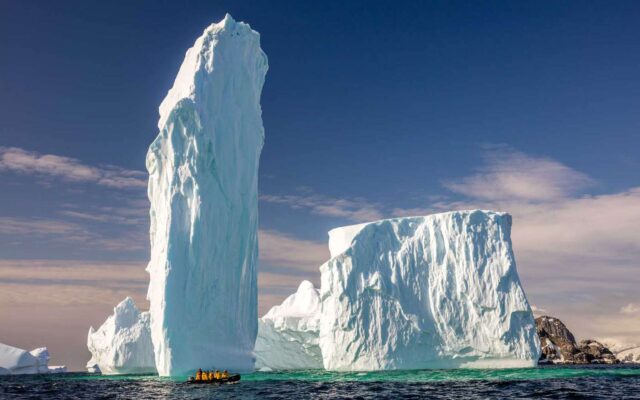Antarctica Unveiled: Exploring the Continent’s Growing Strategic Importance

About Course
Antarctica—a frozen, remote, and mysterious continent—has long fascinated explorers and scientists. But today, this icy expanse is becoming a hotbed of strategic, environmental, and geopolitical significance. As nations race to unlock its untapped potential, Antarctica is transforming into a focal point of international diplomacy, environmental concern, and technological innovation. This course takes you on a captivating journey through the continent’s past, present, and rapidly evolving future.
From the Antarctic Treaty System to rising global rivalries, from climate change to cutting-edge satellite monitoring, you’ll explore the many dimensions that make Antarctica one of the most consequential regions in the 21st century. You’ll gain insights into the opportunities and challenges shaping this last frontier—from securing peace and environmental protection to balancing economic interests and military strategy. Whether you’re a student of international relations, a climate enthusiast, or a curious mind intrigued by global affairs, this course will expand your understanding and spark a sense of stewardship for one of the most critical regions on Earth.
Course Content
Introduction
Setting the stage: Antarctica’s geographic location and climate
00:00Historical exploration and the Antarctic Treaty System
00:00